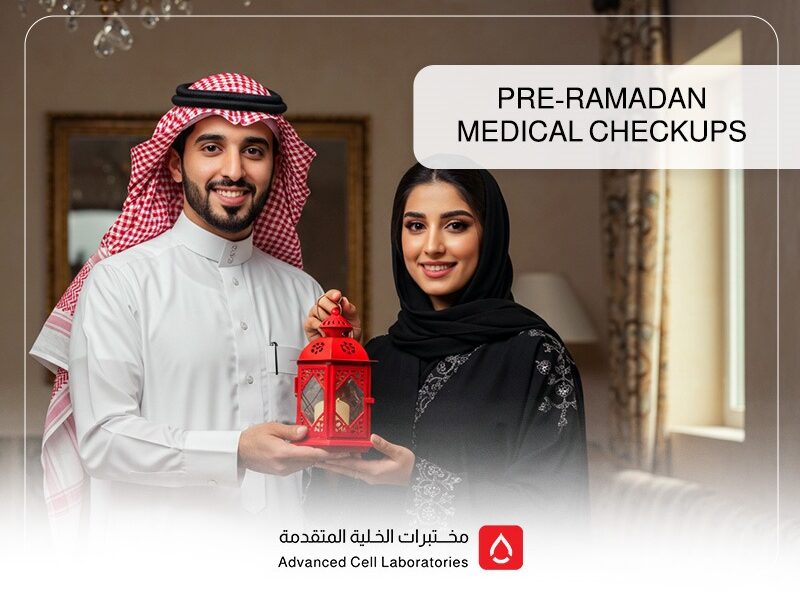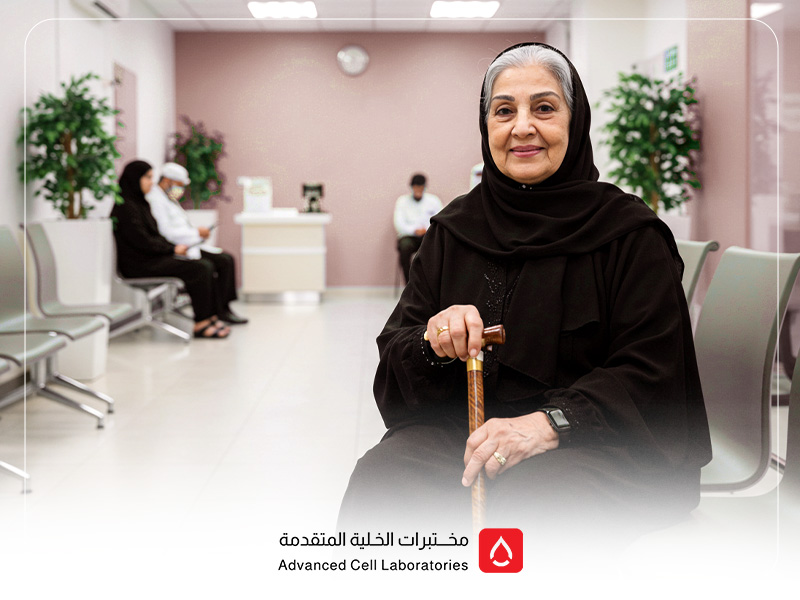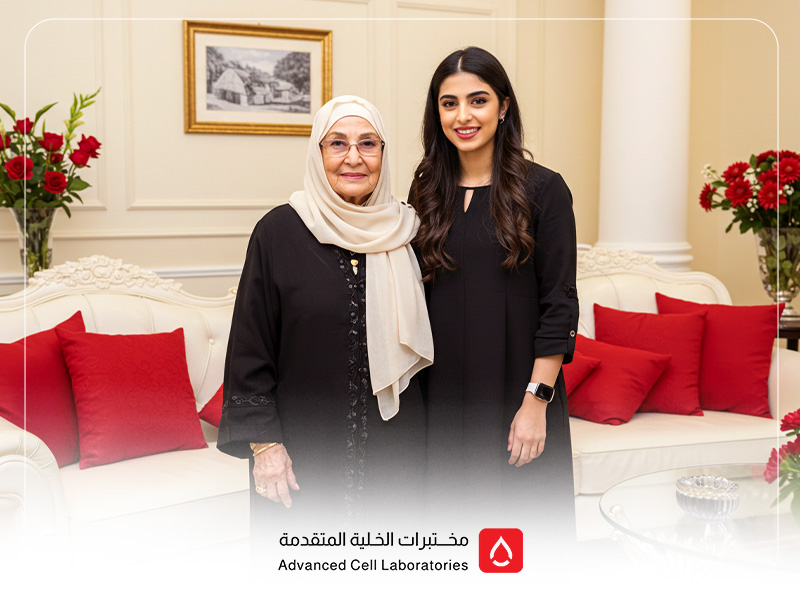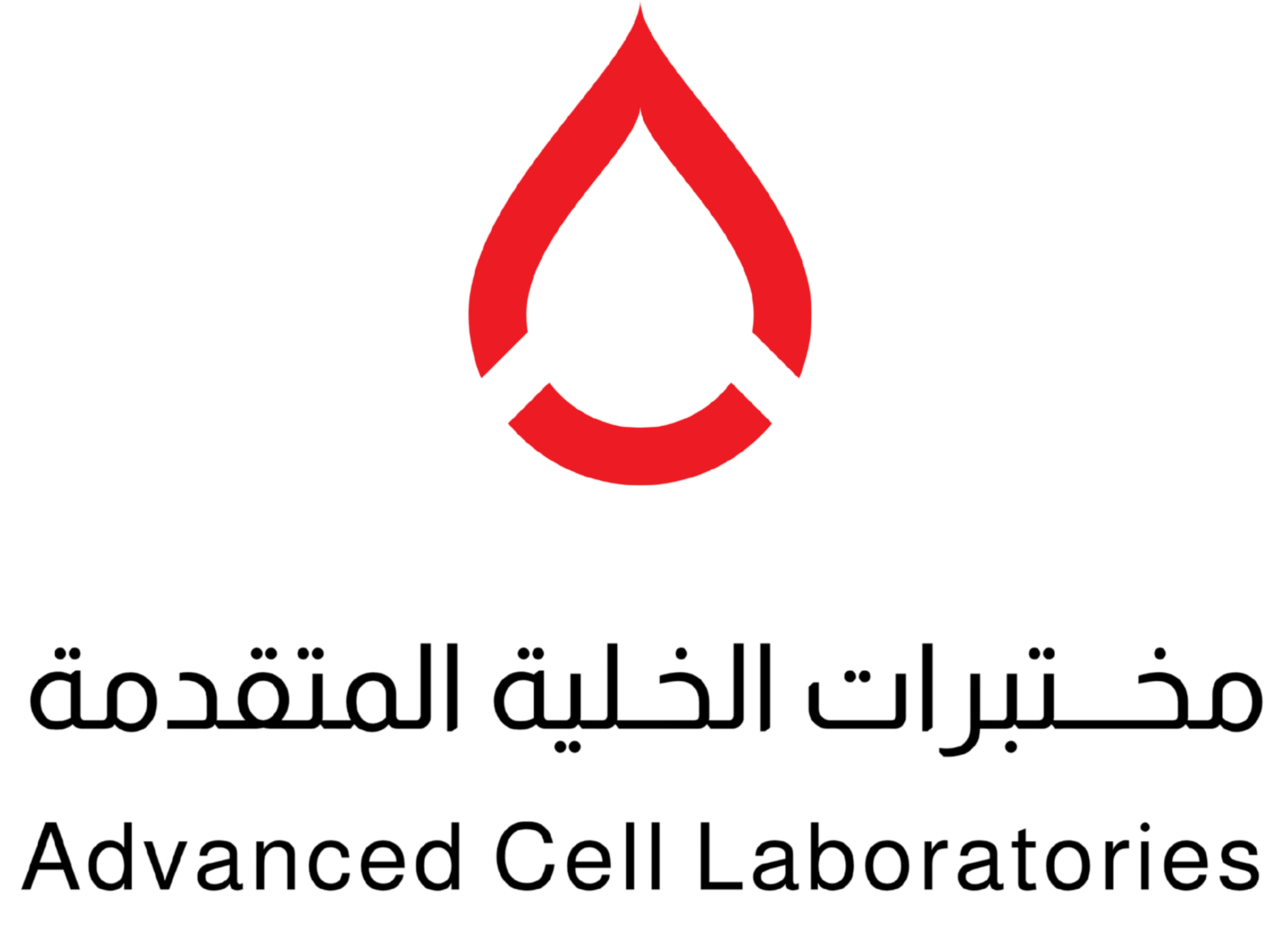
Women’s health needs change with age, making it essential to undergo regular medical check-ups that help in early disease detection and ensure a good quality of life.
In this article, we provide a comprehensive guide to the best medical tests for women at every age, explaining the importance of each test and when it should be performed. These essential tests include:
- Breast Exam (Mammogram): for early detection of breast cancer.
- Pap Smear: to detect abnormal changes that may lead to cervical cancer.
- Bone Density Test (DEXA): to diagnose osteoporosis after age 40 or if risk factors exist.
- Comprehensive Blood Tests (CBC, Iron, Vitamin D, B12): to detect anemia and vitamin deficiencies.
- Hormone Tests: to monitor changes related to the menstrual cycle or menopause.
- Thyroid Function Tests (TSH, T3, T4): to assess gland function and hormonal changes.
- Lipid and Blood Sugar Tests (Lipid Profile, FBS, HbA1c): for early detection of heart disease and diabetes.
- Pelvic and Ovarian Ultrasound: especially if symptoms exist or there is a family history of gynecological conditions.
These tests help maintain women’s physical and mental health and enable timely, informed health decisions.
Read more about: Hormone Testing: Your Complete Guide to Hormone Tests in Saudi Arabia
Why do medical tests vary according to a woman’s age?
Each stage of a woman’s life is accompanied by different physiological and hormonal changes, which is why the required tests differ at each age. For example, tests for women in their twenties differ from those needed in their fifties, aiming at prevention and early diagnosis.
Best Medical Tests for Women by Age Group
In the 20s (20–29 years)
- Pap Smear every 3 years
- Monthly breast self-exam
- Comprehensive Blood Tests (CBC, Vitamin D, B12)
- Blood Sugar Test (FBS) and STD panel if needed
- Thyroid Test (TSH) if symptoms appear
In the 30s (30–39 years)
- Continue Pap Smear + HPV test every 5 years
- Pelvic ultrasound if symptoms or menstrual irregularities occur
- Lipid Profile
- Female hormone tests if menstrual irregularities or delayed pregnancy
- HbA1c test
- Monitor Vitamin D and iron
- Regular skin and eye check-ups
In the 40s (40–49 years)

- Annual Mammogram (Mammogram)
- Bone Density Test (DEXA) if risk factors exist
- Liver and Kidney Function Tests
- Annual blood sugar and lipid monitoring
- Blood pressure check
- Pelvic and ovarian ultrasound every 1–2 years
- Hormone evaluation for menopause or related symptoms
In the 50s and beyond (50+ years)
- Annual Mammogram
- Colonoscopy every 10 years
- Regular Bone Density Tests
- Regular heart tests (lipids, sugar, blood pressure)
- Monitor kidney and liver function
- Mental health and osteoporosis assessment
- Annual eye and hearing exams
Learn more about: Immune System Tests: Your Complete Guide to Immunity Testing in Saudi Arabia
Complete Blood Count and Hemoglobin Tests
The CBC test is essential for evaluating general health, detecting anemia or infection, and hemoglobin tests determine the blood’s oxygen-carrying capacity.
Hormone Tests (e.g., FSH & LH)
These tests help assess reproductive health and monitor hormonal changes during puberty, pregnancy, and menopause.
Vitamin D and Calcium Tests for Bones
Essential for maintaining bone and dental health, especially during stages of bone density reduction.
Read more: Allergy Testing: Your Complete Guide to Allergy Tests in Saudi Arabia
Early Cancer Detection Tests (e.g., Pap Smear – Mammogram)
These tests help detect breast and cervical cancer at early stages, increasing the chances of recovery.
Blood Sugar and Cholesterol Tests
For detecting diabetes or lipid disorders, which are common in women as they age.
Liver and Kidney Function Tests
Used to monitor liver and kidney performance, especially for those on chronic medications or with chronic diseases.
Explore more: Men’s Health Tests: Your Complete Guide to Routine Medical Tests in Saudi Arabia
When should each test be performed?
- Annually: Blood pressure, blood sugar, cholesterol, CBC.
- Every 3 years: Pap Smear for women over 21.
- Every 5 years: Mammogram for women over 40.
- As needed: Hormone tests, thyroid tests, bone density tests.
Read also: Vitamin D Test: Your Complete Guide in Saudi Arabia
Tips for Women to Maintain Health through Testing

- Adhere to annual health check-ups.
- Maintain regular follow-ups with a gynecologist.
- Do not ignore unusual symptoms.
- Request additional tests if needed, such as reproductive health or postnatal tests.
Also read: Chronic Disease Tests in Saudi Arabia: Importance of Early Detection and Best Routine Tests
FAQs about Women’s Health Tests
What is the importance of hormone testing for women?
It helps diagnose menstrual disorders, fertility issues, and menopause symptoms.
When should I start mammogram screening?
It is recommended to start at age 40, or earlier if there is a family history of cancer.
Should Pap smear be done regularly?
Yes, at least every 3 years to detect early cervical changes.
What is the importance of annual check-ups for women?
To detect any health issues at an early stage.
Health awareness is the first step. Conducting the best medical tests for women at every age is fundamental for prevention and early detection. Don’t wait for symptoms—book your appointment now at Advanced Cell Labs for the necessary tests and a healthy, worry-free life.



